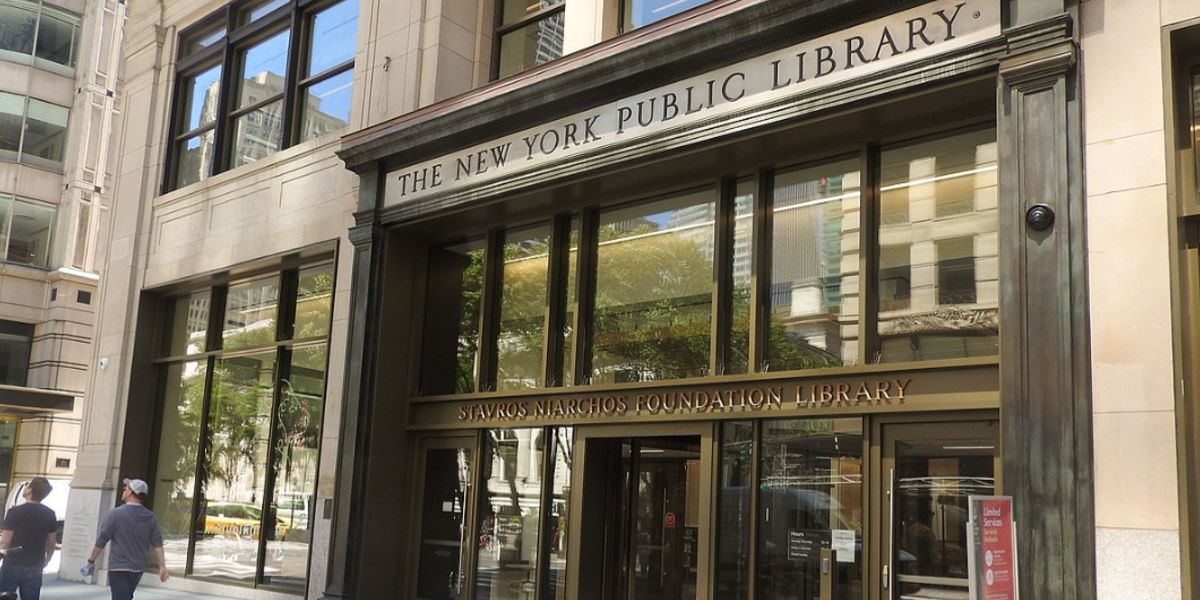WPBN: It was recently celebrated by the New York Public Library that a rare book had been returned to the library. The book in question was a copy of Igor Stravinsky’s autobiography from 1936, which had been borrowed 72 years earlier.
The book had been borrowed for the final time on April 4, 1952, and it was estimated that it would be returned two weeks. The fact that it was brought back to the library, on the other hand, did not occur until very recently.
The surprise return was brought to the attention of Billy Parrott, the director of the Stavros Niarchos Foundation Library, who received a phone call from the 5th Avenue branch of the library just before Christmas.
Although it is not unusual for books from the 1980s or 1990s to be returned well after their due dates, it is extremely unusual for a book from the middle of the 20th century to be returned.
After receiving the call, which turned out to be about Stravinsky’s memoirs, Parrott was interested by the conversation.
The man who returned the book revealed that his mother had borrowed it from the Woodstock branch of the Bronx library while she was attending Hunter College to study music.
The book was returned by the man. She never returned the book, and it is unclear why she did so. In point of fact, she went on to work at a branch of the New York Public Library in the Bronx; but, despite the fact that she was employed there, she was never able to retrieve the book.
Parrott made the observation that the book would not be reissued after it had been taken out of circulation; rather, it would be preserved as a piece of history, appreciated for the peculiar and fascinating narrative it contained.
He mentioned that it was a story that had captivated the imagination of a great number of people, and the library was delighted to tell the story of the book that had been missing for a very long time.
A further demonstration of the library’s joy over the return of the rare book was the posting of photographs of the book on their Instagram account.
This peculiar homecoming of a book after more than seven decades exemplifies the peculiar and frequently unanticipated ways in which libraries and the objects they house are tied to the lives of individuals.
The autobiography of Stravinsky, which is now a symbol of both a bygone period and a lasting institution, will continue to be a part of the collection of the library as a reminder of its one-of-a-kind trip back home.
“Do you happen to have a library copy of Igor Stravinsky’s 1936 autobiography that’s 72 years overdue?” according to the post. “Is the fear of late fees preventing you from returning it? Forget about it! The New York Public Library has been fine free since since 2021.”

















































